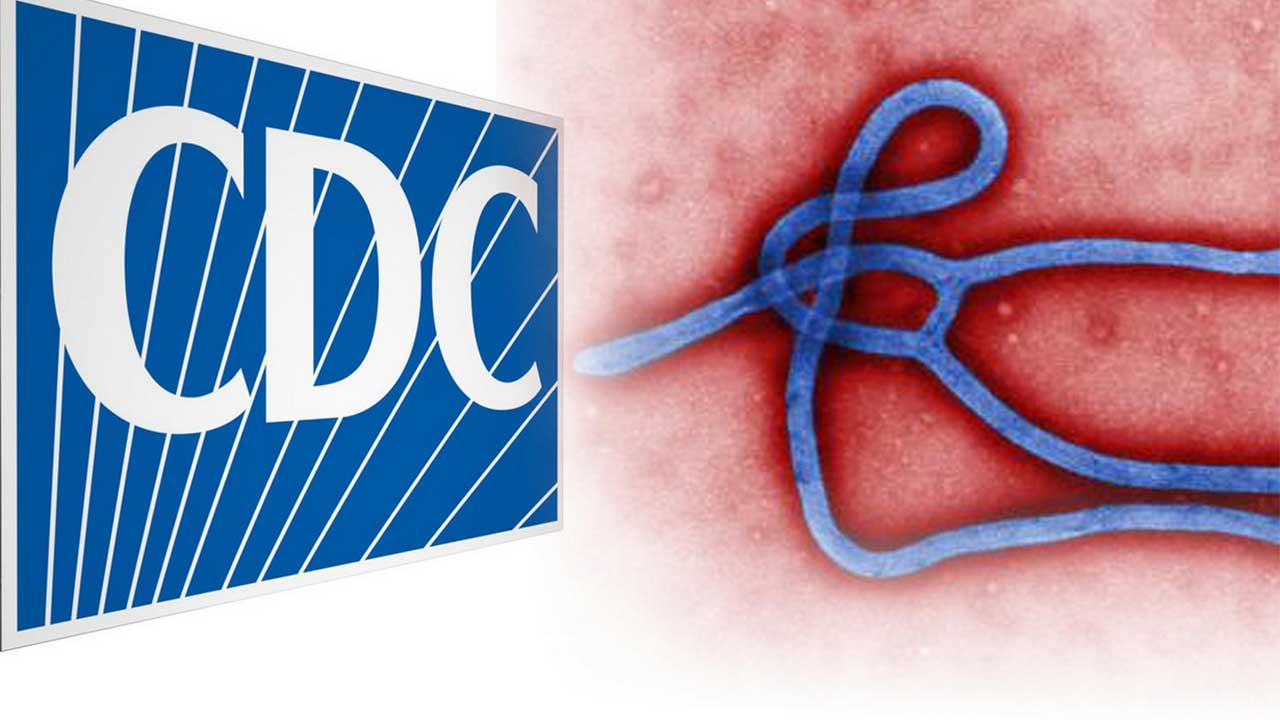SF 911 dispatchers take precautions amid Ebola crisis


SAN FRANCISCO (KGO) -- First responders nationwide are getting ready for the possibility of Ebola spreading to local communities. Medic Ambulance in Vallejo tweeted a photo Thursday saying they are ready. We have a look at the protocols for Bay Area first responders.
ABC7 News has learned that beginning Thursday night, San Francisco's 911 dispatchers will start asking questions of callers who say they're very sick, to see if they may have Ebola-like symptoms. And if they do, they'll caution first responders.
Dispatchers will ask questions such as, "Are you feeling sick and vomiting?" and "Where've you been traveling?"
VIDEO: Kaiser nurses demand discussion on Ebola training, safety
"If there was an individual who had been in West Africa and was feeling sick in West Africa in the last 21 days, the dispatcher then when they were dispatching the call to fire and EMS would say, 'You know, be aware that you need to wear protective equipment when you go to this call because it's a possible case,'" said SF Emergency Management Director Anne Kronenberg.
And on Wednesday night, Mayor Ed Lee met with numerous department heads to make sure the city is preparing adequate protocols.
"We had done a full briefing from our public health experts and we've also been in constant contact with state and federal officials so we understand what the issues are and that we're responding appropriately," said Lee's spokesperson, Christine Falvey.
The city is in the final stages of developing a comprehensive set of protocols to deal with Ebola cases. It will include new training or re-training first responders and others who deal with infectious diseases.
In 1995, a group of men released Sarin gas in a Tokyo subway station, sickening passengers. After that, every member of the San Francisco police force went through a daylong training session on how to wear protective clothing and methods to deal with sarin gas attacks.
VIDEO: Lawmakers demand answers on handling of Ebola cases
The training this time may not be as widespread, but the city just wants to make sure they're prepared for the remote possibility that there may be an Ebola case. And they want everyone to know they are.
"We are going to send out an all-city memo to city employees telling our employees what we're doing," Kronenberg said. "We are also sending out a general press release today to let folks know."
All of this is being done in an abundance of caution. City officials stress that have been no reported cases of Ebola and they don't expect any. A more present danger is getting the flu. So the advice from city hall is -- don't worry about Ebola, get your flu shots.
VIDEO: Paramedics prepare for possible Ebola response
"The unknown, that's the scariest part for us, is that we go into houses every day that we don't know," James Pierson from Medic Ambulance Service said.
Paramedics for Medic Ambulance Service in Solano County are now prepared for any patient who tells 911 operators they've traveled to Guinea, Sierra Leone, or Liberia in the past 21 days.
Ebola patients can exhibit vomiting, diarrhea, and unexplained bleeding or bruising. That's why every part of a first responder's body must be protected. Even the ambulance has to be lined with sheets of impermeable plastic.
First responders are even more vulnerable while removing the protective gear, so CDC guidelines are carefully followed.
"The whole suit or any exposed area would get sprayed down with a chlorine-based solution," Pierson said.
Solano County health officials say all nine Bay Area counties are communicating and developing a standard protocol for potential Ebola cases.
"The Bay Area, Solano County are all at some risk of having a case of Ebola and we all need to be ready," Chief Medical Officer of Solano County Public Health Dr. Michael Stacey, M.D., said.
While health officials say the risk is low, they add there is no excuse for a lack of preparation.
For full coverage on the Ebola virus, click here.
ABC7 News reporter Alan Wang contributed to this report.


















